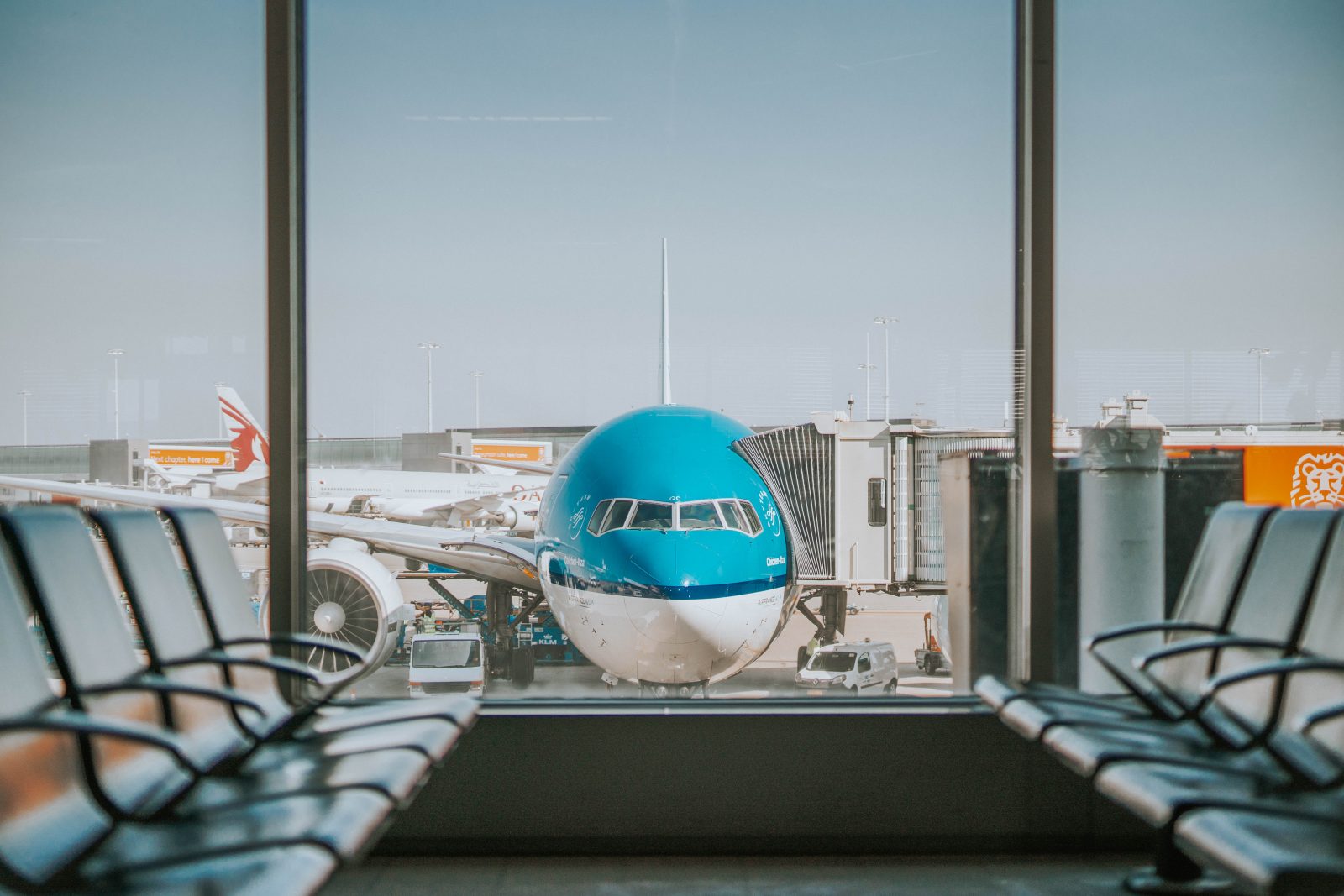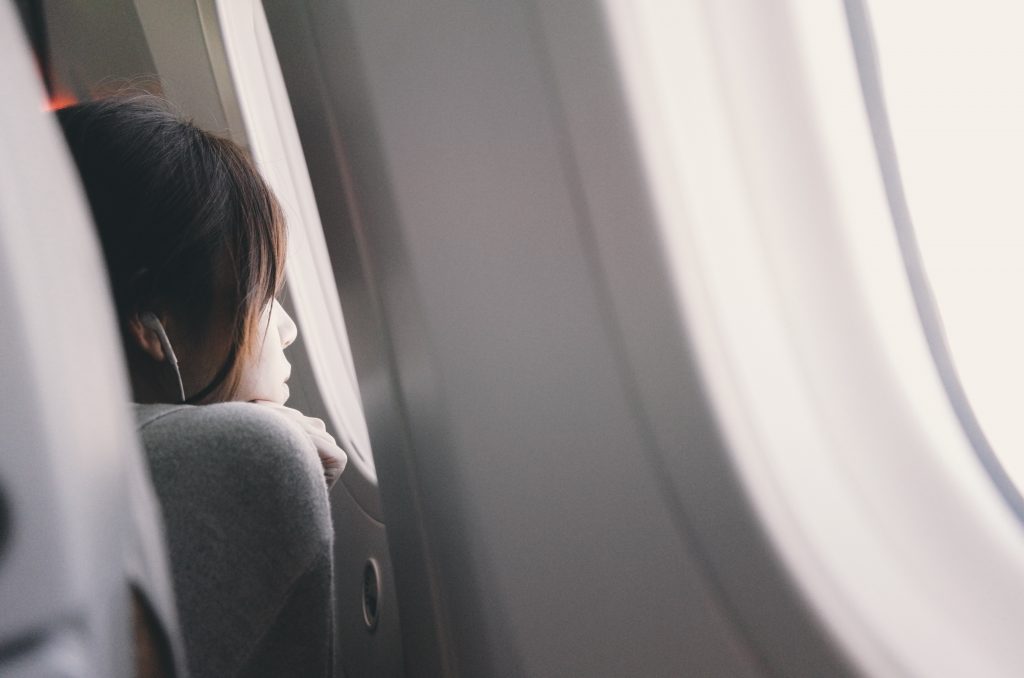
The International Air Transport Association (IATA), a trade body that represents 280 airlines worldwide and which accounts for 82 per cent of total air traffic, now estimates the global COVID-19 Coronavirus outbreak could cost the aviation industry as much as $113 billion in lost revenues in 2020. The updated assessment is a 74 per cent rise on a previous estimate published just over a week ago.
In a best-case scenario in which the Coronavirus outbreak is contained without too much further spread, IATA believes the economic damage to airlines could be limited to around $63 billion.

But if there is a broader spreading of COVID-19, as is highly likely, then IATA believes airlines could be set to lose as much as $113 billion. Previous estimates had worked on the assumption that COVID-19 would be largely contained in mainland China but the virus has now spread to over 80 countries with serious outbreaks in South Korea and Italy being of particular concern.
“The turn of events as a result of COVID-19 is almost without precedent,” commented IATA’s director general, Alexandre de Juniac.
“In little over two months, the industry’s prospects in much of the world have taken a dramatic turn for the worse,” he said, continuing “…governments must take note. Airlines are doing their best to stay afloat.”
But some airlines have already succumbed to the pressures brought about by COVID-19. Overnight, Europe’s largest regional airline collapsed with the airline’s chief executive partly blaming a slump in bookings prompted by Coronavirus for the carrier’s demise.
The loss of already struggling Flybe has seen over 2,000 jobs lost in the United Kingdom, despite promises by the British government to support the airline several months ago.
In China, the HNA Group which owns Hainan Airlines and several other carriers was put into the control of the regional government and its assets may be sold off to other Chinese airlines.
IATA still expects the Asia Pacific region to be worst affected, with losses of $49.7 billion currently projected. But Europe could see a drop of 24 per cent in passenger numbers for the year and a loss of $37 billion.
The Gulf region could also see a drop of 23 per cent in passenger numbers, while the economic impact in the United States and Canada could cost airlines up to $21 billion.
A drop in demand for jet fuel will provide some “cushioning” airlines but many carriers are taking further steps to reduce costs, grounding planes and placing staff on unpaid leave. Recruitment has also been frozen at many carriers, although many airlines say they remain committed to investment projects and aircraft orders.
Mateusz Maszczynski honed his skills as an international flight attendant at the most prominent airline in the Middle East and has been flying ever since... most recently for a well known European airline. Matt is passionate about the aviation industry and has become an expert in passenger experience and human-centric stories. Always keeping an ear close to the ground, Matt's industry insights, analysis and news coverage is frequently relied upon by some of the biggest names in journalism.







